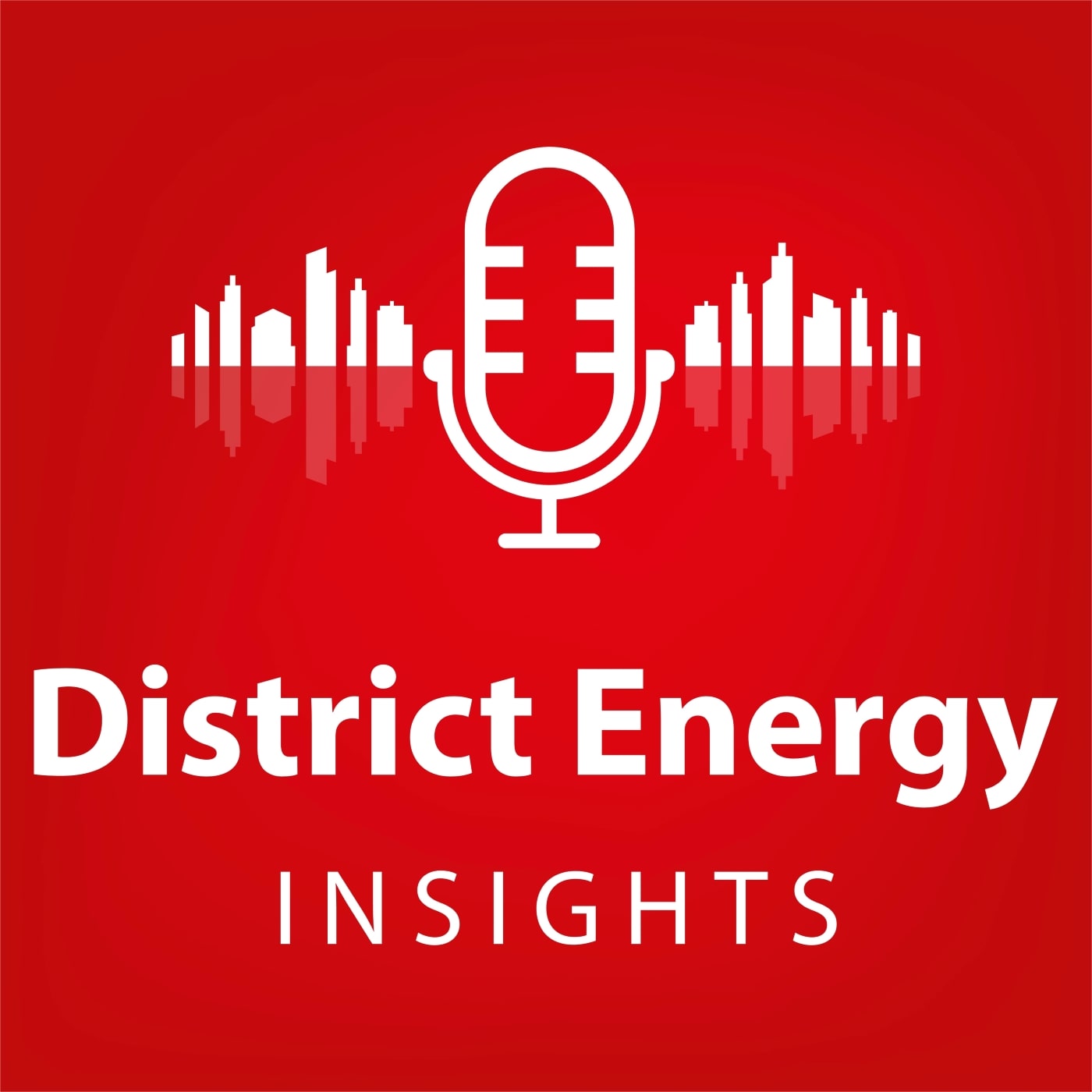Episodes
Published 10/28/20
21500 new district energy networks have to be built in Europe in order to meet decarbonization goals by 2050. For it to happen in practice, a significant shift of investments from fossil fuels towards district energy infrastructure and renewables is needed.
In episode five, we explore what the optimal policy and financial framework for decarbonized heating and cooling would look like and what actions are needed to create it.
Our host Susanne Tull discusses the topic with Kamila Waciega,...
Published 10/28/20
In this fourth episode we deep dive into digitalization in energy systems with Olivier Racle, Director District Heating and Cooling solutions at https://www.engie.com/en (Engie), and Jukka Aho, founder of the Finnish startup Leanheat. They share insights into current best practices and future technologies that will have the biggest impact in transforming the sector. What is more, they also talk about the most important barriers to digitalization today and what needs to be done to accelerate...
Published 10/28/20
In episode 3, we talk with Kaisa-Reeta Koskinen from the city of Helsinki and Susana Adriana Paardekooper from Aalborg University about the importance of taking a system approach when it comes to decarbonizing heating. Kaisa-Reeta and Susana offer insights into integrated energy planning, how to ensure an optimal balance between investments in energy efficient buildings and decarbonized energy supply and how cities can bring relevant stakeholders from the supply and demand side together.
In...
Published 10/28/20
The future of district energy is highly efficient, renewable and flexible. Modern, smart district energy networks will work with lower temperatures and thus be able to save energy as well as integrate a variety of sustainable sources.
In episode 2, Alessandro Provaggi, Head of the DHC+ Technology Platform at Euroheat and Power explains the benefits and (technical) challenges of modern low-temperature district heating and how cities all over Europe are using state-of-the-art technology to...
Published 10/28/20
Decarbonization is more cost-efficient and easier to achieve in smart integrated energy systems. These systems connect sectors such as electricity, heating, cooling and transport for an optimal use of energy and maximum efficiency. Compared to a ‘conventionally decarbonized’ scenario by 2050, smart energy systems can reduce primary energy use by 13% and save about 70 bn EUR per year. Investing in energy system integration and district energy is also key for a green recovery.
Brian Vad...
Published 10/28/20


